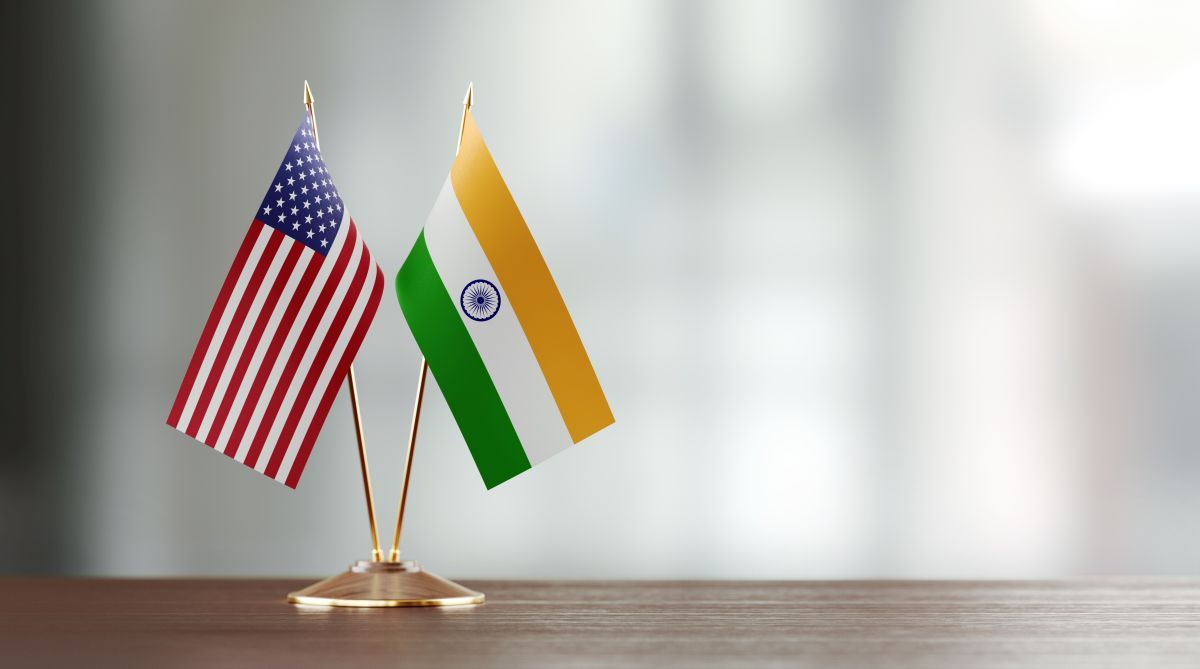Even as India, France and Japan on Tuesday launched a new initiative to further the establishment of a rules-based Indo-Pacific order in the wake of growing Chinese assertiveness in the region and Beijing’s methodical steps to match and even overtake the USA, the elephant in the room remains New Delhi’s relationship with what is still the world’s most powerful country.
Paris and Tokyo both have a deep and longstanding relationship with Washington which, despite highs and lows, has remained steadfast post-World War II.
New Delhi’s engagement with the Americans, on the other hand, is still very much a work in progress despite significant gains over the past two decades. The first signs, however, that the convergence of the Indian and American views on China’s game plan, especially but not exclusively in the Indo- Pacific, are beginning to reflect in structural upgrades of the Indo-US defence and security relationship are now visible.
The two countries recently expanded their defence cooperation by inking two “foundational defence agreements”. The development, which has attracted limited interest in India, is being viewed by the Washington policy establishment as the coming to fruition of a two-decade long effort by the USA to provide a robust legal framework for the operationalisation of coordinated and/or joint defence measures.
But there is no guarantee that this positive trajectory will continue apace. The need to take the Indo-US security-defence relationship to the next level is apparent to sober thinkers in both nations but the obstacles to it are not insignificant. An essay published earlier this month by Joshua T. White, a leading scholar with the Brookings Institution, details the concerns on the American side.
President Joe Biden will have to deal with apprehensions about India’s fiscal limitations, its ties with Russia, its “ponderous response” to Chinese provocations on its border, and its “drift toward illiberal majoritarian politics”. In addition, writes White, the Biden administration will likely seek, for good reason, to rebalance the bilateral relationship away from a disproportionate focus on security issues in order to address a wider array of topics including global health, energy and climate change, and technology cooperation.
On the Indian domestic front, Prime Minister Narendra Modi will have to contend with the longheld view that Democratic administrations are prone to hyphenating India and Pakistan, don’t walk the tough talk on China, indulge in rank identity politics which they expect other nations including their allies to emulate, and lecture New Delhi on human rights, liberalism and the environment without accounting for an Indian exceptionalism which has been in the forefront of pushing back against communitarian discourses. These are the challenges that both countries have to overcome, respectively, if they are serious about containing the rise and rise of China.











